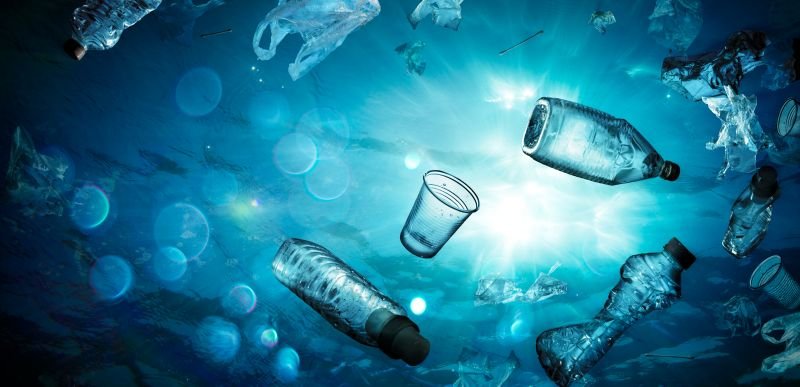Essential Insights
-
Critical Threat: The world’s oceans are severely threatened by human activities, particularly from single-use plastic waste, which presents significant recycling challenges due to the complexity of materials involved.
-
Innovative Solutions: Researchers are actively developing advanced methods to address plastic waste, including the production of terephthalic acid from water bottles and upcycling polystyrene into benzoic acid using solar energy.
-
Real-time Detection: New technologies are being developed to measure microplastic concentrations in water bodies in real-time, enhancing our ability to monitor and manage plastic pollution effectively.
- Circular Economy Initiatives: The NSF is funding various projects aimed at recycling plastics into useful materials like agricultural compost and artificial silk, contributing to a sustainable circular economy while reducing plastic waste in the environment.
The urgent crisis of single-use plastics demands creative solutions. The world’s oceans, vital to sustaining life, face immense pressure from plastic waste. Researchers are now making strides to confront this challenge with innovative technologies. Through funding from the U.S. National Science Foundation (NSF), these efforts reflect a growing willingness to rethink our relationship with plastics.
First, Northwestern University has pioneered methods to break down plastic water bottles into their fundamental components. This process not only recycles discarded materials but transforms them back into usable chemicals. By using a metal-organic framework, researchers can sever stubborn ester bonds. This breakthrough opens new avenues for recycling previously difficult polyester plastics.
Similarly, Cornell University’s team harnesses solar power to upcycle polystyrene, a common yet troublesome plastic. Their technique uses light and an iron-based catalyst to convert polystyrene into benzoic acid. This method is both efficient and scalable, making it a promising solution for large-scale adoption. If successfully commercialized, it could significantly reduce landfill contributions from this material.
In addition, real-time sensors from Applied Ocean Sciences will change how we monitor microplastic pollution. By measuring ultrasonic frequencies in water, these sensors will quickly identify microplastic concentrations. This innovation will help in tracking and managing plastic pollution in various environments, from oceans to urban water systems.
Re:3D takes a different approach by using reclaimed plastics for 3D printing. Their industrial printers, dubbed Gigabots, allow for rapid prototyping while reducing plastic waste. This method is especially valuable for emerging markets where cost-effective manufacturing is critical. The flexibility to switch between materials is a game-changer for low-volume production.
Another fascinating development comes from Biko Biolabs, which is transforming non-recyclable plastics into compost-like products. This process could particularly benefit rural communities, enabling sustainable waste management while regenerating soil health. The potential to support local agriculture while addressing plastic pollution demonstrates how multi-faceted solutions can be.
Researchers at Rensselaer Polytechnic Institute have ventured into genetic engineering to create microorganisms capable of digesting plastic waste. These engineered bacteria could generate a biodegradable silk alternative to petroleum-based plastics. By utilizing waste in this way, they address both pollution and the demand for sustainable materials.
Finally, chemists at Rice University are recycling plastic from end-of-life vehicles into graphene. This extreme heat process transforms plastic waste into a material that can be reused in new vehicle parts. Collaborations with major industry players like Ford signal a significant step towards a sustainable manufacturing future.
NSF’s ongoing investments indicate a strong commitment to creating a circular economy for plastics. By supporting interdisciplinary research, these projects not only aim to reduce plastic waste but also to revolutionize how we think about materials. If successful, these initiatives could reshape industries and protect our oceans, ensuring a healthier planet for future generations.
Stay Ahead with the Latest Tech Trends
Stay informed on the revolutionary breakthroughs in Quantum Computing research.
Discover archived knowledge and digital history on the Internet Archive.
TechV1

